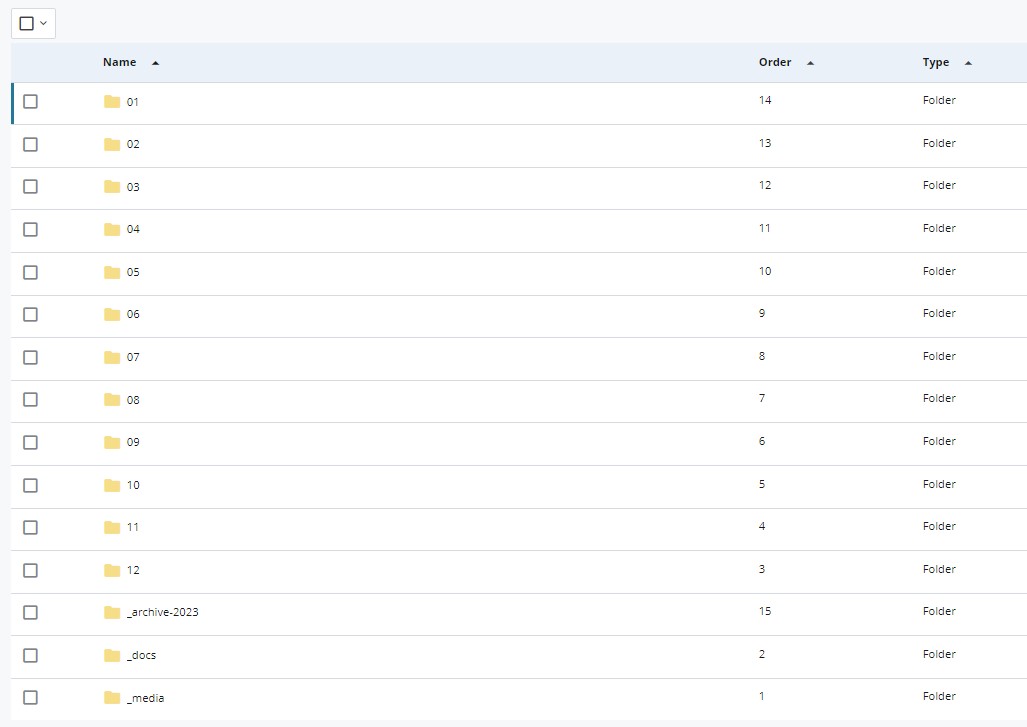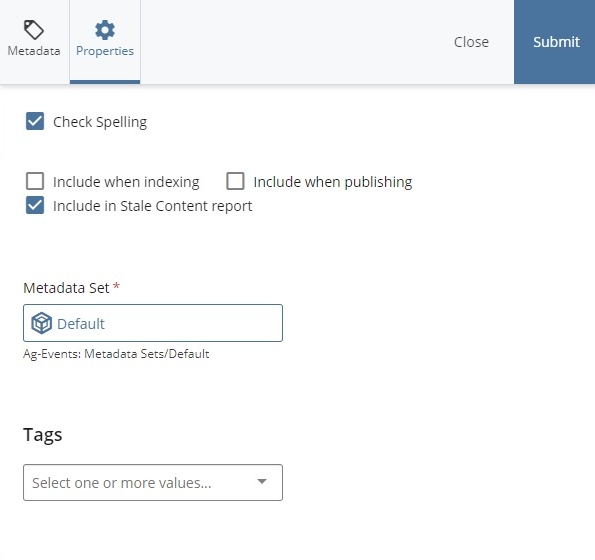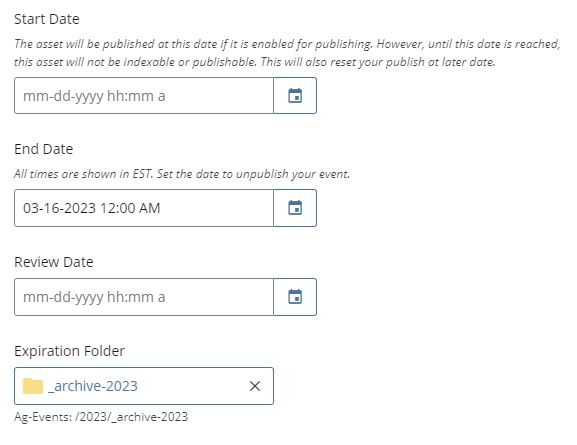Event archive Maintenance Guide
What is Cascade event archiving? Why does it matter?
Most Cascade events are content assets that have a limited content lifespan once the event date has ended. This means events need to be scheduled and archived (also removed) as outlined in the Web Stewardship's Appraise maintenance cycle.
Additionally, when these events are added to Cascade they are indexed by Google and show up in search results. For example, an older out of date 2024 event could show up higher in the search results than one added more recently. This makes it harder for you and content consumers to find what they are looking for. These same consumers could even show up to an event on the wrong day and time if they are served old event information from your site.
The benefits of Cascade event maintenance include:
- Less confusion for visitors when doing an Internet search.
- Clears-up broken links and avoids ADA compliance issues.
- Faster full-site and system publishing and page/event list block load times.
- Efficient environment, content creators can quickly and easily retrieve a past event to reuse anytime (drag/drop/edit).
Reference this resource is a guide to help you understand and archive old events within Cascade.
How do I archive old events?
Go to your event site and event folder. For example: ag-events/department/agcomm/2024
Add a new folder within your site folder and name it something easy to identify such as: _archive-2024. To add a new folder you will:
- Click Add Content > Default > Folder.

Note: If you use an Asset Factory folder and see a folder named _archive-yyyy you can right-click this folder and rename the yyyy portion to match the year you are archiving.
Edit this new folder and ensure the folder is set to not publish or index. Do this by:
- Right-click on the folder and choose Edit.
- Select the Properties tab and uncheck Include when Indexing and uncheck Include when Publishing.
- Click Submit.

Note: By default, Cascade will not allow any folder not named as a month/month number to index and list any events. This extra step keeps the event from going live and being indexed by Google.
You can now move old events you want to keep or reuse into this folder for this year's timespan. You can always delete any events that you no longer want to reuse. This folder can also be used as a location to automatically move events to once they hit a specific day.
how can I automate my event archiving?
Cascade has the option to automatically unpublish any asset to include events and automatically move these assets to your archive folder. To do this:
- Right-click on the folder and choose Edit.
- Select the Metadata tab and add an archival End Date and set your Expiration Folder
Note: you may need to add this folder first, You can place it in the current year folder. - Click Submit.
 This process was a topic at the 2022 Extension Professional Development Conference (PDC). Watch and learn more about this process by watching the video listed below.
This process was a topic at the 2022 Extension Professional Development Conference (PDC). Watch and learn more about this process by watching the video listed below.
FAQ
Q: Should recurring events be archived?
A: Yes. If the event is no longer being scheduled in the future then archive it in an archive folder or delete if it the recurring event is no longer needed.
Q: How can I see what events Google is indexing?
A: Use Google's Advanced Search to search the site ag.purdue.edu/events or extension.purdue/events for keyword text terms like 2022, 2023, 2024, current year or by specific words used in your event name titles. This will show you a Google search list of items. Here is an example of a search for possible 2021 items indexed for ag.purdue.edu/events.
Q: Can I track old stale events and other assets?
A: Yes. The Cascade Dashboard has a widget for stale content that can help you identify these old assets. Learn how to add widgets to your dashboard and see the Stale Content Widget in action here.
Q: What can I do if I need to share post-event information?
A: Cascade site pages are a great way to share information that needs to last beyond the date of an event. Additionally, creating a pre-event marketing page on your site with a link to your event will set you up for long-term strategic purposes such as pre and post-event information and historical content data.
